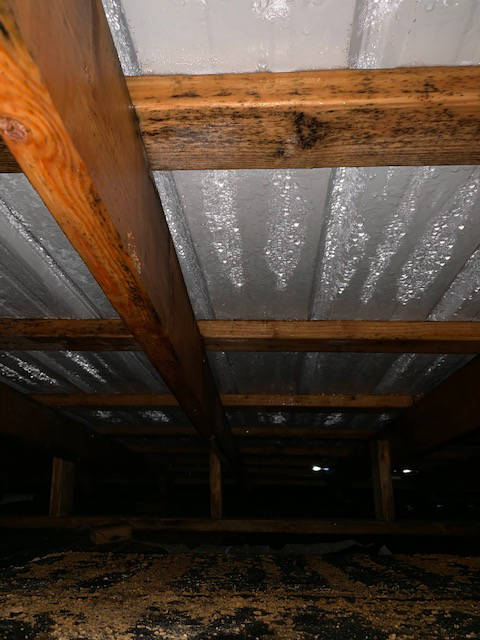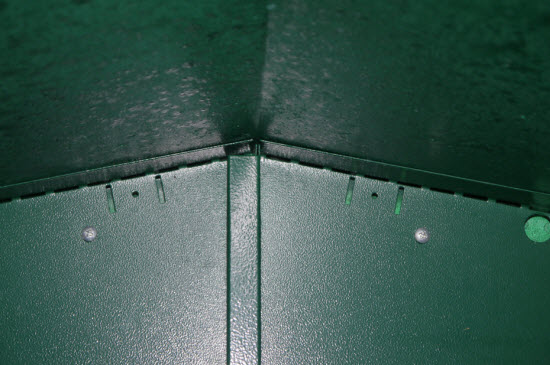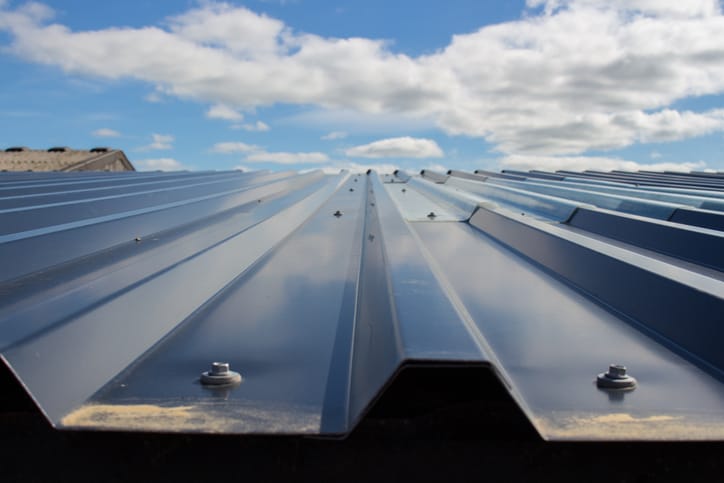Condensation in metal sheds is a commonly reported problem the inside of the shed roof is running with water and this damp atmosphere is bad for the items that are stored there.
Metal roof sweating problem.
Changes to the structure s original form that puts tension on or moves the panels.
When temperature and humidity conditions reach dew point moisture can condense on the underside of metal roofing and potentially cause water damage to the inside of your customer s building.
When this happens the tin roof can rust and even warp.
Essentially condensation occurs at night when the temperature inside a building is warmer than outside.
Metal gets cold faster than other items so condensation begins on metal first.
As it cools it can t hold as much moisture.
Roof pitch the lower the pitch of a metal shed roof and also the deeper the corrugations the worse the problem of.
Having ventilation holes around the roof.
Those drips from ceilings and surface moisture occur when warm air comes in contact with the cooler roofline or walls.
Improper usage handling and storage by installers.
Richard the problem you are describing is common with metal roof buildings in climates with high or mixed humidity with temperatures low enough to reach dew point.
Metal tools go rusty fabric becomes mildewed there must be a way to solve this problem.
Picture a cloud of moisture floating overhead between the rafters.
It can lead to roof leaks even if rain has not occurred for several days.
Metal roof condensation especially with a tin roof can cause serious problems when the metal sweats or rainwater collects under the tin panels.
Frequent stress from coil slitting cutting and rollforming panels.
If the tin roof sits on top of another material such as wood then you can get a case of wood rot.
As the air inside the building is heated it rises carrying moisture with it.
This video shows what a significant condensation problem can look like.
That excess moisture ends up as drops of condensation on the roof.
Inadequate space allotted for thermal expanding and contracting of the panels.
Warm wet air rises and meets the cold roof and cools.









